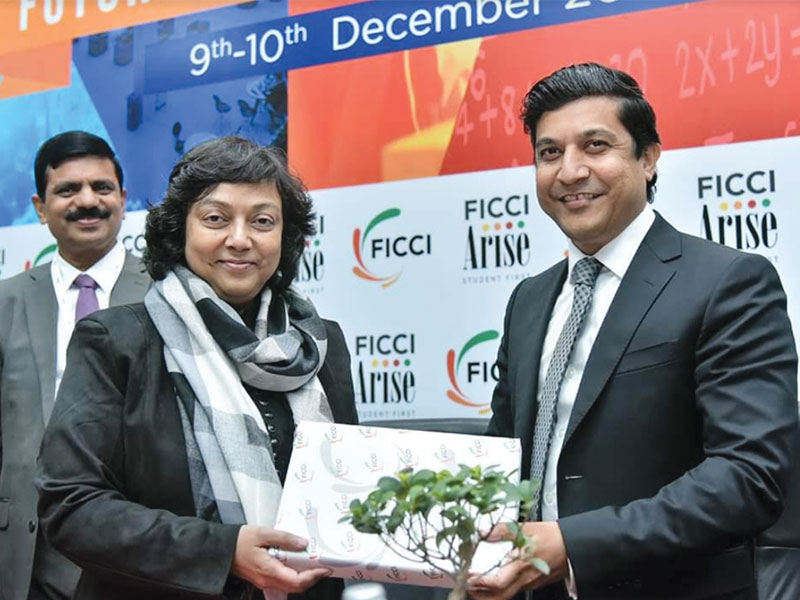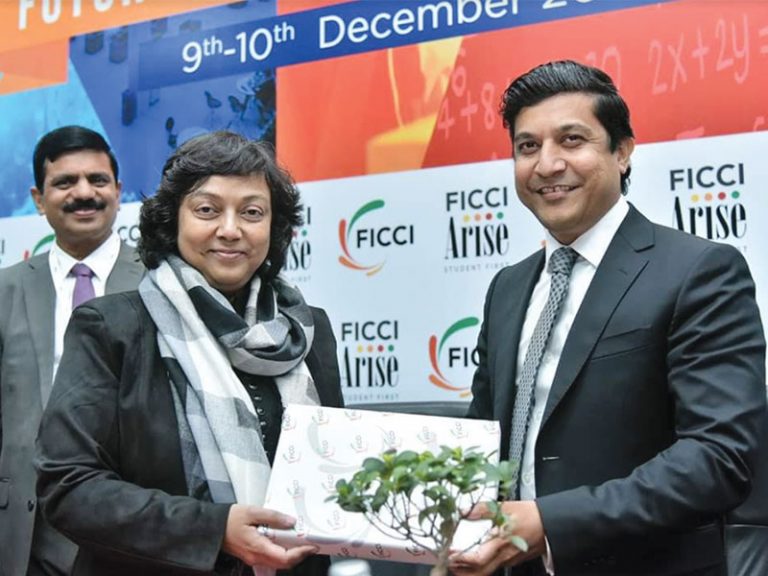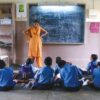Delhi – Maths exam reform

The estimated 1.7 million class x students who are expected to write the school-leaving exam of the Delhi-based Central Board of Secondary Education (CBSE, estb.1962) — the country’s largest pan-India exam board — can look forward to less math phobia in February-March this year. They will have the option to write either the basic or standard math question paper. Last January (2019), CBSE had notified this option to all 21,271 affiliated schools. As a result 600,000 class X students have opted to write the basic, and 1.1 million the standard mathematics exam.
According to Arati Bhatia, senior school maths teacher at Ahlcon International, Delhi, the difference between the two question papers is only in the difficulty level with the syllabus and assessment pattern being identical. “As the textbooks are common, the only difference between the basic and standard exam papers will be the difficulty level of the questions,” explains Bhatia.
Quite clearly the intent is to separate students who intend to enter the liberal arts and humanities and science and engineering (STEM) streams. Therefore, students who opt for Maths Basic are disqualified from writing maths exams in Plus Two (classes XI-XII). However, math academics and experts wonder why a common syllabus, classrooms, textbooks and teachers have been recommended by the board.
“While this is welcome international practice, implementation of the two exams scheme is confusing. Under the new scheme, the basic student has to study the entire syllabus. In my view, the change should happen in class IX and those opting to take Maths Basic need to be prescribed separate textbooks. The mathematics a child learns until class VIII is enough for her use in later life and if applied mathematics is introduced in class IX as a reinforcement of earlier learning, I am sure more students will be attracted to the subject and choose to write Maths Standard,” says A.T.B. Bose, secretary of Ramanujan Museum and Maths Education Center, Chennai, and author of several math textbooks.
This change in examination pattern is the outcome of a change in the model rules of the RTE Act, 2009. The model rules were amended in February 2017 to assess subject learning outcomes in every class. The auguries are that the CBSE management is planning for more radical changes in coming years to the extent that in 2024, the class X and XII exams will become radically different.
Speaking at the FICCI ARISE Conference 2019 in Delhi on December 10, Anita Karwal, chairman of CBSE, said that the examination system determines the quality of school education. “By 2024, textbooks will become completely irrelevant for exams. We are starting to change the system from 2020 and in future the focus will be on assessing conceptual learning, critical thinking and analytical skills with the current stress-inducing knowledge accumulation and memorisation system being replaced by assessment of learning. We have started on measuring real learning outcomes for the first time and teachers have started understanding it,” said Karwal.
With memorisation and rote learning encouraged by the current assessment system, educators are becoming increasingly aware of the linkage between memorisation, the exam system and under-achievement of students. “At the end of the day, whatever CBSE says, as a product of the CBSE system, I realise the many limitations of this board examination,” says Mukesh Sharma, founder of Noida-based QA Infotech and promoter of the Prometheus School, a new International Baccalaureate (IB)-affiliated school, explaining why he preferred IB over CBSE.
Certainly, examination reforms are overdue in primary-secondary education in as much as the examination system shapes school education and heavily influences teaching and learning. With India’s school students mere also-rans in international tests such as PISA, the division of school-leaving maths exams is a welcome and overdue initiative.
Autar Nehru (Delhi)
















Add comment